How Do I Know If This Is a Mistake?
By Jacey Eckhart
My daughter’s fourth grade teacher told the class that she knew her marriage was a mistake the day she got engaged. (Why the teacher was telling a bunch of ten year olds about her divorce is beyond me, but I bet it was a slow day and the air conditioning was out.)
Anyway, she told the class she drove down the street right after she said yes to getting married and all she could see were STOP signs everywhere. Signs that said NO. Signs that said DON’T. She went ahead with the marriage and ten terrible years later she got divorced.
That story scared the beejeeb out of my daughter and her friends. To this day they all fear commitment and break out in hives at the sight of a stop sign.
Okay, not at all true.
Still, how do you know when you are making a mistake before you make it—especially when you are going through a #siglifechange? How do you know if you are knocking on the wrong door?
Because we do knock on the wrong doors all the time. Human beings have this thing called affective forecasting, which means we are surprisingly bad at predicting what will make us happy in the future. We charge past the warning signs and sail right through wrong doors, alone and unafraid.
Recently I agreed to take a job that I worried was not quite right for me. In addition to the presenting and coaching I did want to do, the job also required a few things I did not want to do. Like use PowerPoint. Stick to a schedule. Forgo my Lucky jeans in favor of pantsuits and heels.
The night I said I would take the job, I dreamed I was putting brown shoe polish on a high-heeled red shoe. Doesn’t take Freud to figure that one out. I woke up in a sweat. “It’s a sign,” I told my husband, gripping at his chest hair.
“It’s not a sign,” he said, wincing as he unpeeled my fingers. “Your brain is thinking through all your options.”
“It feels like a mistake,” I cried.
“Most changes feel like a mistake when you are going through them,” he said. “Too little data to judge it all at the beginning. It is a good risk.”
Easy for him to say. Because unlike Mr. Trust Your Decisions, I want a green light as big as my house. I want a sign from God himself that tells me what to do because I don’t want to waste any time on the wrong thing. I don’t want to hurt or disappoint. I want to be right every time.
I’m hilarious like that. Maybe it is important to know the experts in affective forecasting say that we are much more likely to accurately predict the positive effect of events on our lives. We are much more likely to overestimate the negative effects of things and underestimate our ability to adapt.
So far, I’m pretty sure my new job is not a mistake. If you don’t read the PowerPoint slides out loud to people, it is a lot less boring. The timeline works just fine. And I look pretty good in a pantsuit—especially with those high-heeled red shoes.




